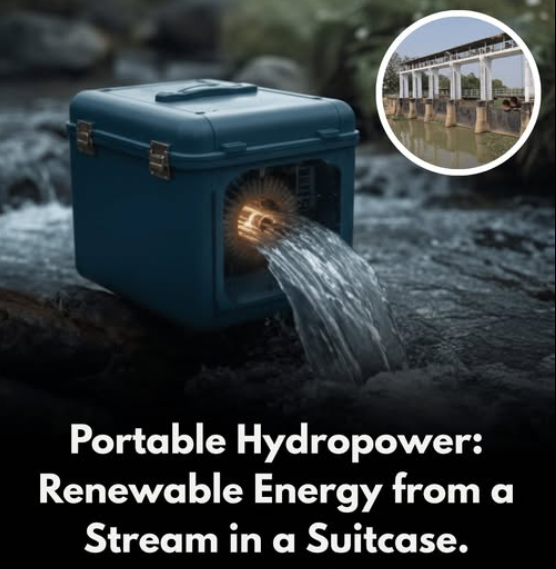President Joe Biden has issued a proclamation that raises the Section 201 tariff rate quota (TRQ) for imported crystalline silicon photovoltaic cells from 5 GW annually to 12.5 GW, retroactive for cells imported on or after August 1.
The Solar Energy Industries Association (SEIA) notes that this measure is a “decisive action to support American solar module manufacturers.”
“This move provides an important bridge for module producers to access the supply they need while the United States continues to progress on solar cell manufacturing,” says Abigail Ross Hopper, SEIA’s president and CEO.
“This decision will help create a strong, stable module manufacturing sector that can sustain robust cell production in the long run.”
The expanded TRQ will allow greater volumes of much-needed solar cells to enter the U.S. market without facing the current 14.5% tariff. In turn, the nascent but growing U.S. solar module manufacturing sector can expect a more robust supply of PV cells at predictable costs while they ramp up production.
“Federal clean energy policies are fueling a surge in domestic manufacturing investments across the country, which are helping us secure our supply chain,” Ross Hopper adds.
“The president’s recent actions are critical for maximizing the impact of these policies and ensuring the long-term success of American solar manufacturing.”
The post Biden Widely Expands Level of Tariff-Free Imported Solar Cells appeared first on Solar Industry.
Biden Widely Expands Level of Tariff-Free Imported Solar Cells
Renewable Energy
Renewable Energy Concepts Can’t Violate the Laws of Physics
 In the early days of 2GreenEnergy, my people and I were vigorously engaged in finding solid ideas in cleantech that needed funding in order to move forward.
In the early days of 2GreenEnergy, my people and I were vigorously engaged in finding solid ideas in cleantech that needed funding in order to move forward.
I vividly remember a conversation with a guy in Maryland who was trying to explain the (ostensible) breakthrough that he and his team had made in hydrokinetics. When I was having trouble visualizing what we was talking about, he asked me to “think of it as a river in a box.”
“Oh!” I exclaimed. “You mean you take a box full of standing water, add energy to it get it moving, then extract that energy, leaving you with more energy that you added to it.”
“Exactly.”
I politely explained that the laws of physics, specifically the first and second laws of thermodynamics, make this impossible.
He wasn’t through, however, and insisted that, in his office, his people had constructed a “working model.”
Here’s where my tone descended into something less than 100% polite. I told him that he may think he has a working model, but he’s wrong; if he believes this, he’s ignorant; if he doesn’t, but is conducting this conversation anyway, he’s a fraud.
“But don’t you want to come see it?” he implored.
“No. Not only would not fly across the country to see whatever it is you claim to have built, I wouldn’t walk across the street to a “working model” of something that is theoretically impossible.”
—
I tell this story because the claim made at the upper left is essentially identical. You’re pumping water up out of a stream, and then claiming to extract more energy when the water flows back into the stream.
Of course, social media today is rife with complete crap like this. We’ve devolved to a point where defrauding money out of idiots is rapidly replacing baseball as our national pastime.
Renewable Energy
What Canada Has that the U.S. Doesn’t
 Until recently, I would have moose, maple syrup, and frozen tundra.
Until recently, I would have moose, maple syrup, and frozen tundra.
Now I would say: decency, honesty, and class.
Renewable Energy
Not Sure About Zero Illegals, But . . .
 I’m ready to live in a country with zero hateful morons, if that counts.
I’m ready to live in a country with zero hateful morons, if that counts.
-
Greenhouse Gases7 months ago
Guest post: Why China is still building new coal – and when it might stop
-
Climate Change7 months ago
Guest post: Why China is still building new coal – and when it might stop
-

 Greenhouse Gases2 years ago
Greenhouse Gases2 years ago嘉宾来稿:满足中国增长的用电需求 光伏加储能“比新建煤电更实惠”
-
Climate Change2 years ago
Bill Discounting Climate Change in Florida’s Energy Policy Awaits DeSantis’ Approval
-
Climate Change2 years ago
Spanish-language misinformation on renewable energy spreads online, report shows
-

 Climate Change2 years ago
Climate Change2 years ago嘉宾来稿:满足中国增长的用电需求 光伏加储能“比新建煤电更实惠”
-
Climate Change Videos2 years ago
The toxic gas flares fuelling Nigeria’s climate change – BBC News
-

 Carbon Footprint2 years ago
Carbon Footprint2 years agoUS SEC’s Climate Disclosure Rules Spur Renewed Interest in Carbon Credits



